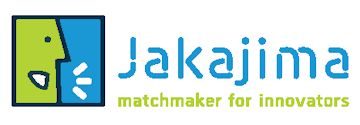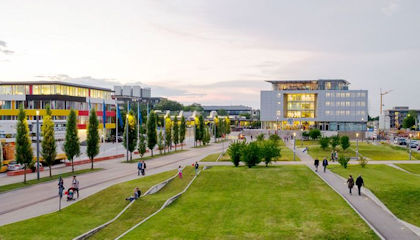Presentation by Petra Liedl, Research Associate, Munich School of Engineering at Technical University of Munich.
Abstract of presentation
We consider Vertical Farming as a holistic system with the goal to develop an energy-optimized concept based on all sub-components and an adapted building design. Thereby we focus on an optimized lighting and engineering concept, combining renewable power supply with-in an integrated building concept including new designed cooling and ventilation systems. In this approach, the cumulated energy over the whole life cycle is the objective function.
She will present at the Vertical Farming Conference.
About Petra Liedl
Petra Liedl is dedicated to promoting a deeper understanding of the interaction of climate, buildings, and energy with an interdisciplinary approach in teaching, research and practice. Before coming back to the Technical University of Munich (TUM) she was faculty at the University of Texas at Austin in the School of Architecture. Petra is a TUM alumni and received her Dr.-Ing. in Architecture from TUM.
About The Munich School of Engineering
The Munich School of Engineering is engaged in teaching and research in the areas Environment & Climate, Energy & Raw Materials and Mobility & Infrastructure. As an Integrative Research Center, it clusters a number of departments at the Technical University of Munich.
The Technical University of Munich (TUM) has evolved into a modern entrepreneurial university, bringing together the best and brightest minds from the most varied of disciplines and cultures to find answers to the major challenges of the future. As one of Europe’s top research universities, it regularly ranks among the leaders in international listings. TUM’s continued success in the Excellence Initiative has given it a powerful and lasting boost on this positive trajectory.
TUM’s proactive entrepreneurial culture is a lasting tribute to its institutional strategy “TUM. The Entrepreneurial University” developed in 2006. For TUM, this strategy involved stepping up to its responsibilities as a university, setting its own course of action, following best international practice in science and research, and outperforming stiff international competition. It has completely transformed the university.
This comprehensive program was aimed at promoting top-level research, next-generation talent and diversity at our university. With the 2012 strategy and its central theme of “Talents in Diversity”, TUM developed this program further. Since then, the university has intensified its efforts to attract top international talent. The best minds are now working in a collaborative, cross-disciplinary environment to find solutions to current and future challenges in areas such as health and nutrition, energy and natural resources, environment and climate, information and communication, and mobility and infrastructure.

